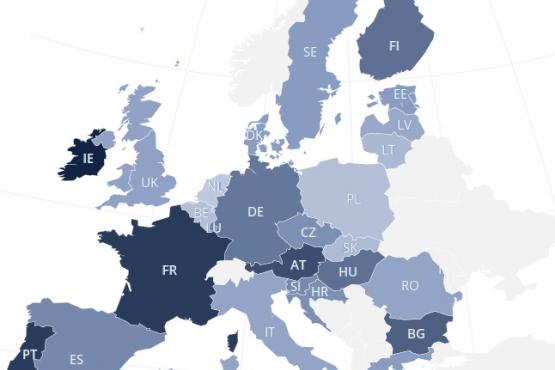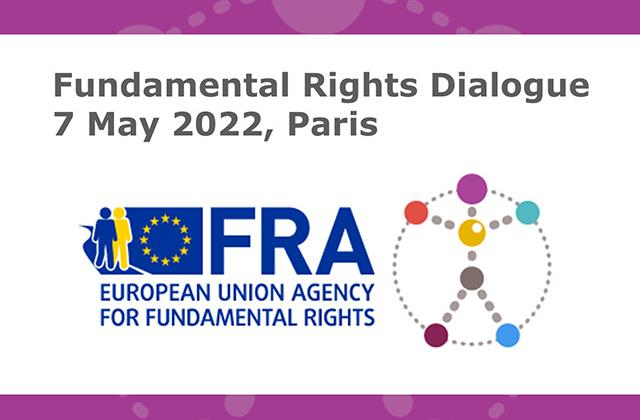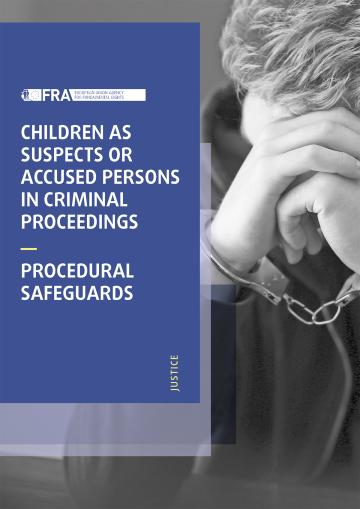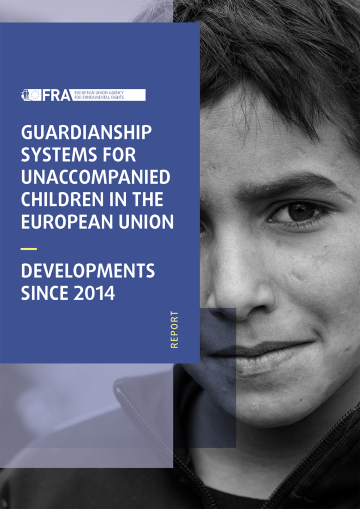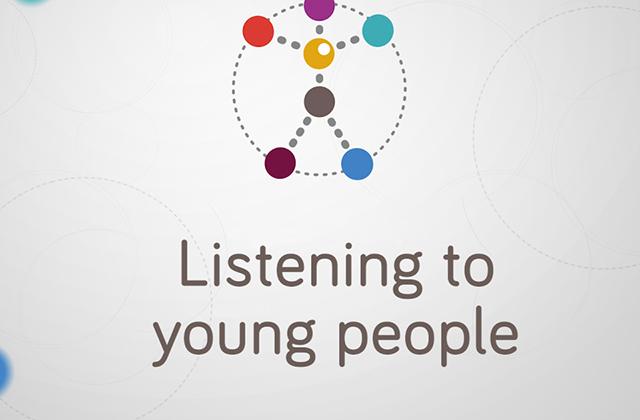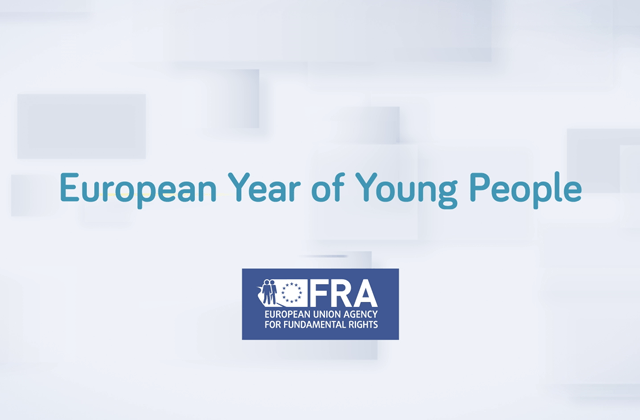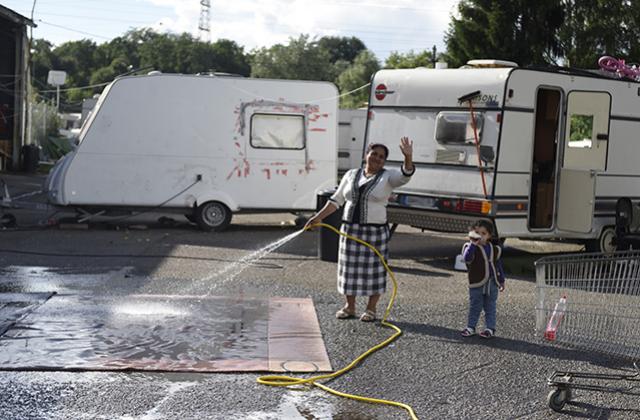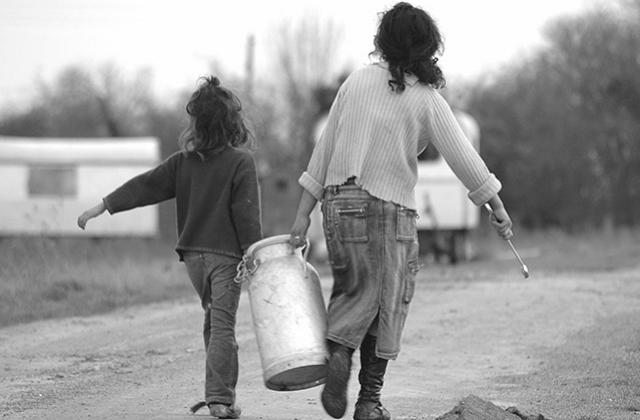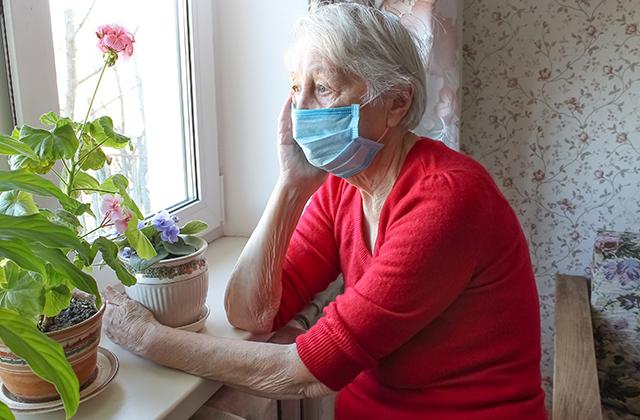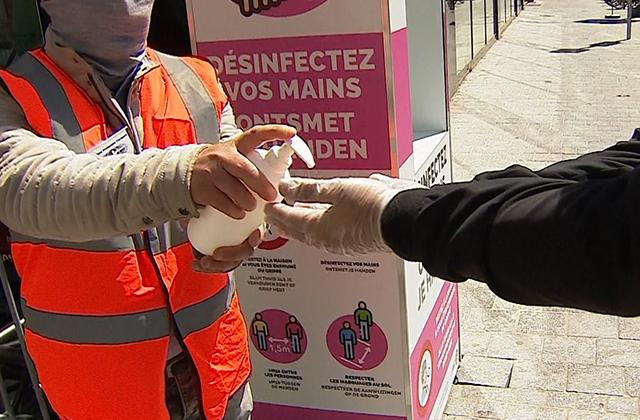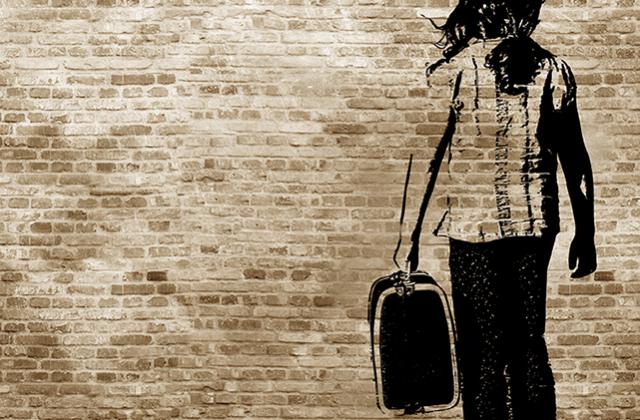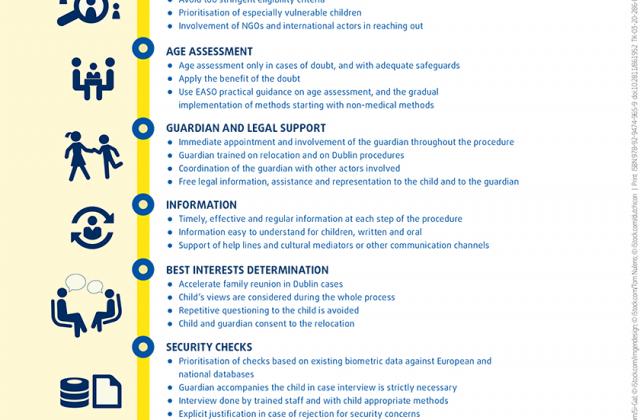Bambini, ragazzi e anziani
Highlights
- Report / Paper / Summary13September2023Europe’s ageing population is ever-increasing, and our societies are becoming more digitalised. Many public services are now available online, with many more services in the process of being digitalised. But the digitalisation of public services poses a risk of exclusion for older persons. In this new report, FRA explores the impact of digitalisation on the fundamental rights of older persons. The report maps the current legislation, policies and practices fostering digital inclusion. It provides an overview of the laws at the national level that provide for equal access to public services, both online and offline. The findings show how Member States safeguard older person’s rights to access services undergoing digitalisation. It outlines how Member States can support digital skills and ensure older people can fully participate in public life.
- Handbook / Guide / Manual7April2022I minori sono titolari di diritti a pieno titolo. Sono beneficiari di tutti i diritti umani e fondamentali nonché oggetto di regolamenti speciali, in virtù delle loro caratteristiche specifiche. Il presente manuale si prefigge lo scopo di illustrare in che modo il diritto e la giurisprudenza europei tengono conto degli interessi e delle esigenze specifici dei minori. Evidenzia altresì l’importanza del ruolo svolto dai genitori e dai tutori o da altri rappresentanti legali e fa riferimento, ove opportuno, alle situazioni in cui diritti e responsabilità sono conferiti prevalentemente alle persone che si prendono cura dei minori. Il manuale mira a sensibilizzare e migliorare le conoscenze delle norme di legge che proteggono e promuovono questi diritti in Europa. Esso rappresenta un punto di riferimento per quanto concerne sia il diritto dell’Unione europea (UE) sia il diritto del Consiglio d’Europa (CdE) in materia e illustra come ciascun tema sia disciplinato dal diritto dell’UE, compresa la Carta dei diritti fondamentali dell’Unione europea, oltre che dalla Convenzione europea dei diritti dell’uomo, dalla Carta sociale europea e da altri strumenti del Consiglio d’Europa.
- Leaflet / Flyer20November2019Child rights come first. Measures to ensure child protection and participation apply to all children in the EU. This brochure guides you to relevant FRA reports and tools that can support you when promoting and protecting the rights of all children in the EU.
- Report / Paper / Summary25April2018The right to access justice and all other relevant procedural rights are not just rights in themselves; they also protect against violations of every other right. Respect for children’s rights in the area of justice is therefore essential. International treaties, the Charter of Fundamental Rights of the European Union, European Union (EU) secondary law, and national legislation provide a number of relevant rights.




